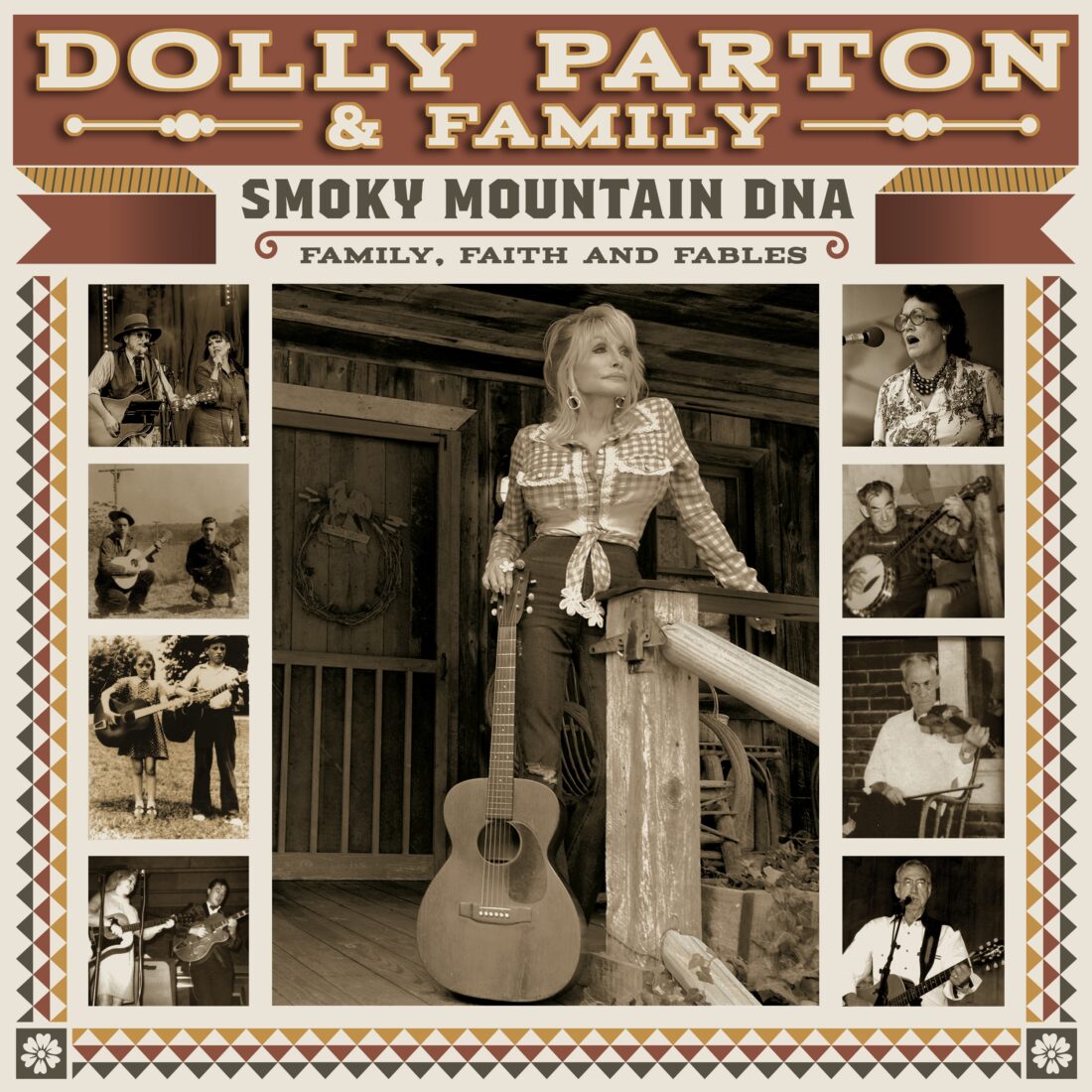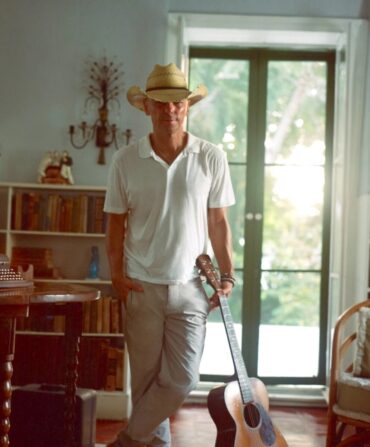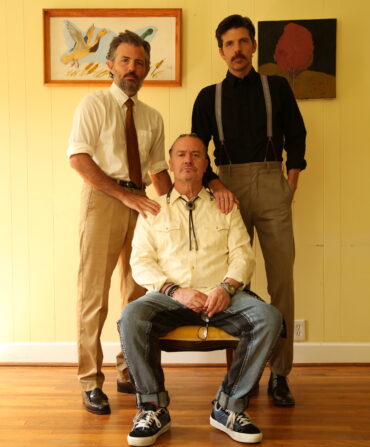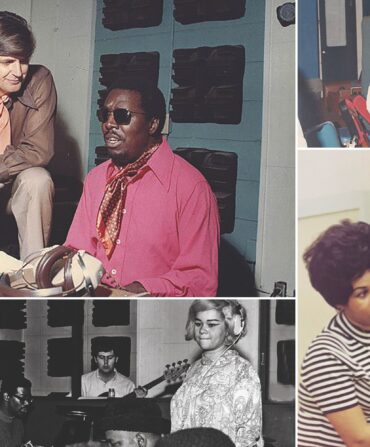Dolly Parton has become such a singular icon that even dedicated fans can forget that she toured with family members early in her career, and she invited her parents and most of her eleven siblings onto her 1976 syndicated TV show to sing old-time tunes. The new album Dolly Parton & Family: Smoky Mountain DNA, set to be released in November, is an homage to that musical heritage, with a family reunion’s worth of cousins, aunts, uncles, nieces, and nephews contributing to a whopping thirty-six songs.
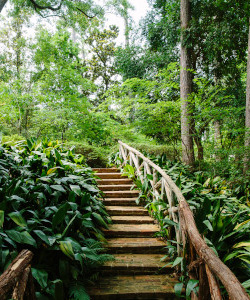

In addition to showcasing the talented branches on Parton’s family tree, including recordings of some family members who have passed, the album traces its roots back a few centuries. Indeed, the first cut features Dolly’s spoken account of ancestors who immigrated to Appalachia from Wales and Northern England. Produced by Dolly’s cousin and frequent collaborator Richie Owens, the project will grow even larger in coming months with the release of a companion book and a four-part docuseries featuring footage from recent concerts at Knoxville’s Bijou Theatre.
But for now, listen to an exclusive premiere of the track “Not Bad,” a rollicking, blues-inflected tune Parton originally wrote for her album Hungry Again and that features Parton singing with her cousin Shelley Rená. And read on for our interview with Owens about the many generations and styles that appear on the album.
Dolly Parton & Family: Smoky Mountain DNA is out November 15 and available to pre-order here.
First off, given the theme of this album, tell us how you’re related to Dolly.
My father and Dolly’s mother are brother and sister, so we’re first cousins. Family has always been important to us both, especially because all this had been going on for generations before Dolly became so famous. Basically, almost the whole family has been musicians and songwriters. Dolly felt like people needed to know this was around before her, and a legacy that will continue on.
Dolly’s new version of “My Tennessee Mountain Home” on the album may be even more heartfelt than her 1973 original.
This is the first time that song has been rerecorded. Even though our family story goes back to the 1600s, the real story begins in 1931 with our great-grandfather J.R. Owens buying that one-room house in Sevier County, Tennessee. It saw the raising of multiple generations, and a lot of people stayed around that property. It’s part of this whole thing.
How long has the album been in the works?
I’ve been archiving family members’ old recordings for a while, some of which are more than fifty years old. About two years ago, Dolly said she wanted to do an album with the family, so we came up with the idea of her being able to sing with some of the ones who’ve passed, similar to how Natalie Cole recorded a duet with the late Nat King Cole. Then we started picking more songs and bringing in nieces, nephews, second cousins, anybody who is musical and wanted to participate.
How many generations are we talking?
Four. No, wait, five generations.
That process results in a variety of styles, from the traditional folk of Dolly’s mom, Avie Lee, singing “Rosewood Casket” to more contemporary sounds.
You can’t expect those young ones to sing in the style of “Rosewood Casket.” Dolly wanted everyone to bring their own styles, so there are songs that are pop flavored to almost pop-punk. My own style is more folk rock, like the Byrds to Tom Petty. That said, my favorite rock music still has acoustic guitars and harmonies.
Dolly’s cousin Shelley Rená really belts it out on “Not Bad.”
I sent Shelley about ten songs to pick from, and she wanted to do that one. It’s a song that Dolly wrote back in the nineties, but her label at the time, Decca, wanted a different sound. It’s a phenomenal tune, very bluesy, and we knew that Shelley could blow the doors off it. Some other cousins are singing family harmony on it, too.
It’s apparent that this is a meaningful project for you and Dolly.
This is a continuation of the great American songbook. It’s storytelling. There’s nothing wrong with being proud of your family’s past, and also moving forward.


